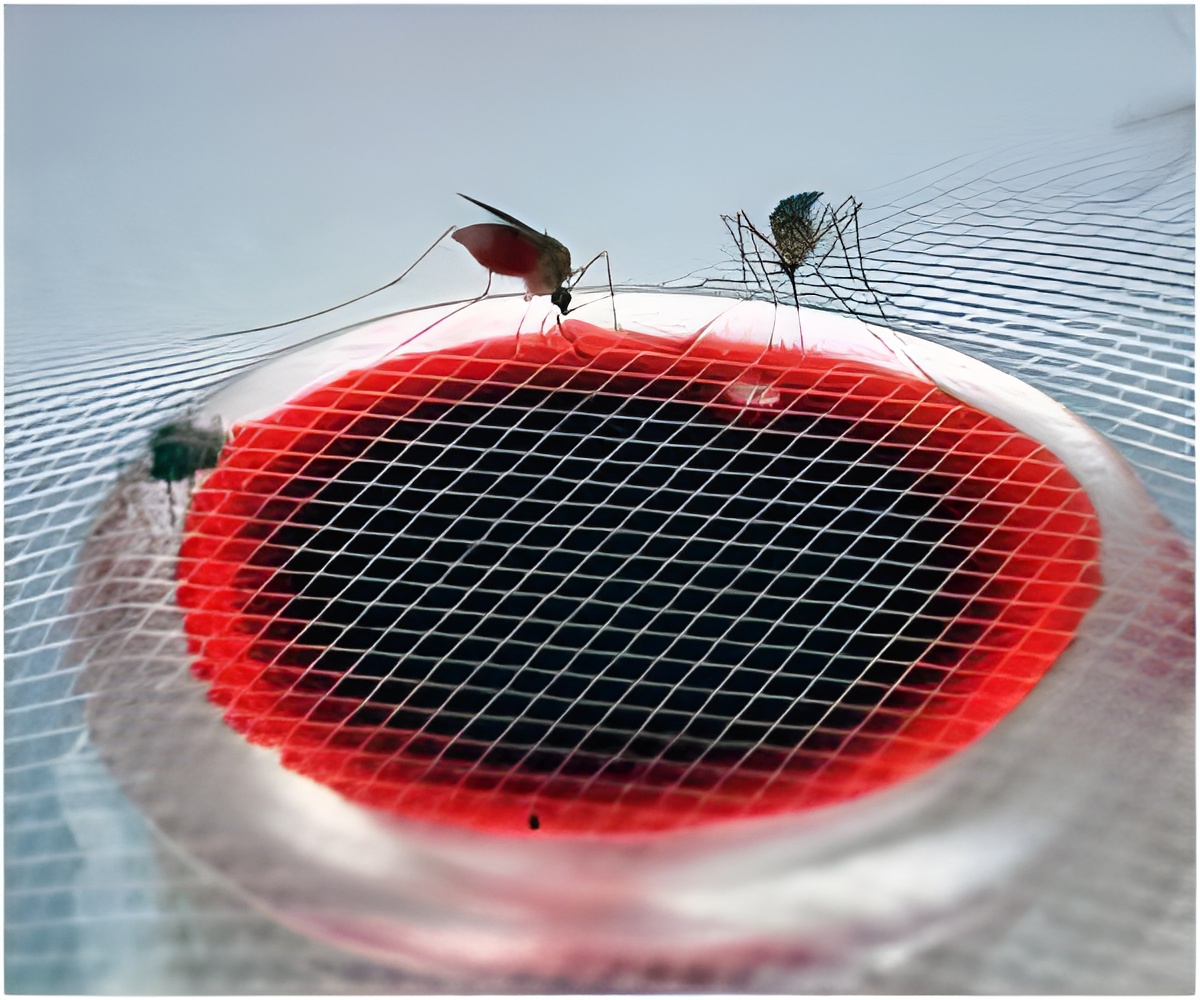In a major breakthrough, scientists have genetically engineered innate immune system of Anopheles mosquito to block the transmission of malaria-causing parasites to humans

In this study, Dimopoulos and his team genetically engineered Anopheles mosquitoes to produce higher than normal levels of an immune system protein Rel2 when they feed on blood.
Rel2 acts against the malaria parasite in the mosquito by launching an immune attack involving a variety of anti-parasitic molecules.
Through this approach, instead of introducing a new gene into the mosquito DNA, the researchers used one of the insect's own genes to strengthen its parasite-fighting capabilities.
According to the researchers, this type of genetically modified mosquito could be further developed and used to convert malaria-transmitting to Plasmodium-resistant mosquito populations.
One possible obstacle for this approach is the fitness of the genetically modified malaria resistant mosquitoes, since they would have to compete with the natural malaria-transmitting mosquitoes.
Advertisement
"Malaria is one of world's most serious public health problems. Mosquitoes and the malaria parasite are becoming more resistant to insecticides and drugs, and new control methods are urgently needed. We've taken a giant step towards the development of new mosquito strains that could be released to limit malaria transmission, but further studies are needed to render this approach safe and fail-proof," said Dimopoulos.
Advertisement
Source-ANI










